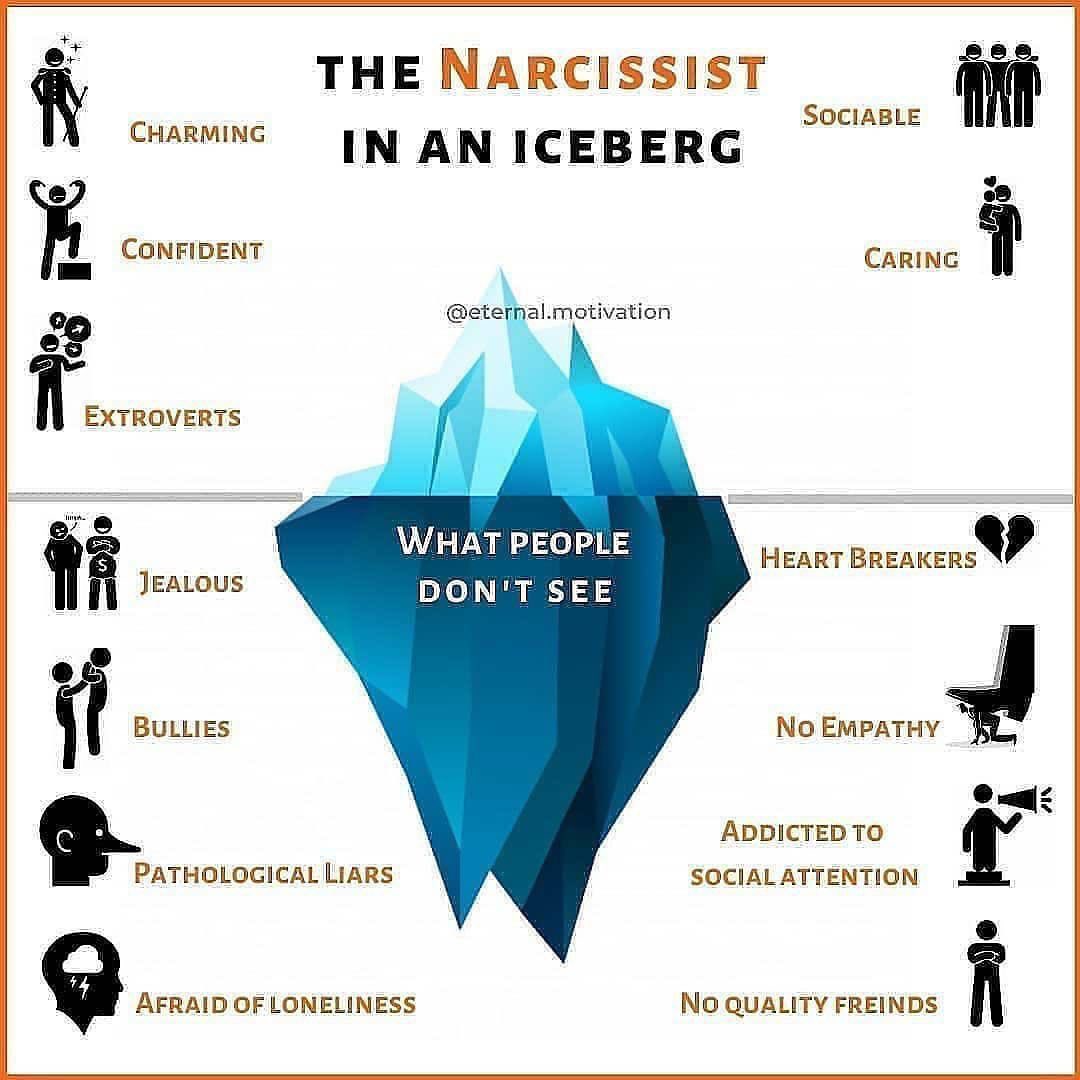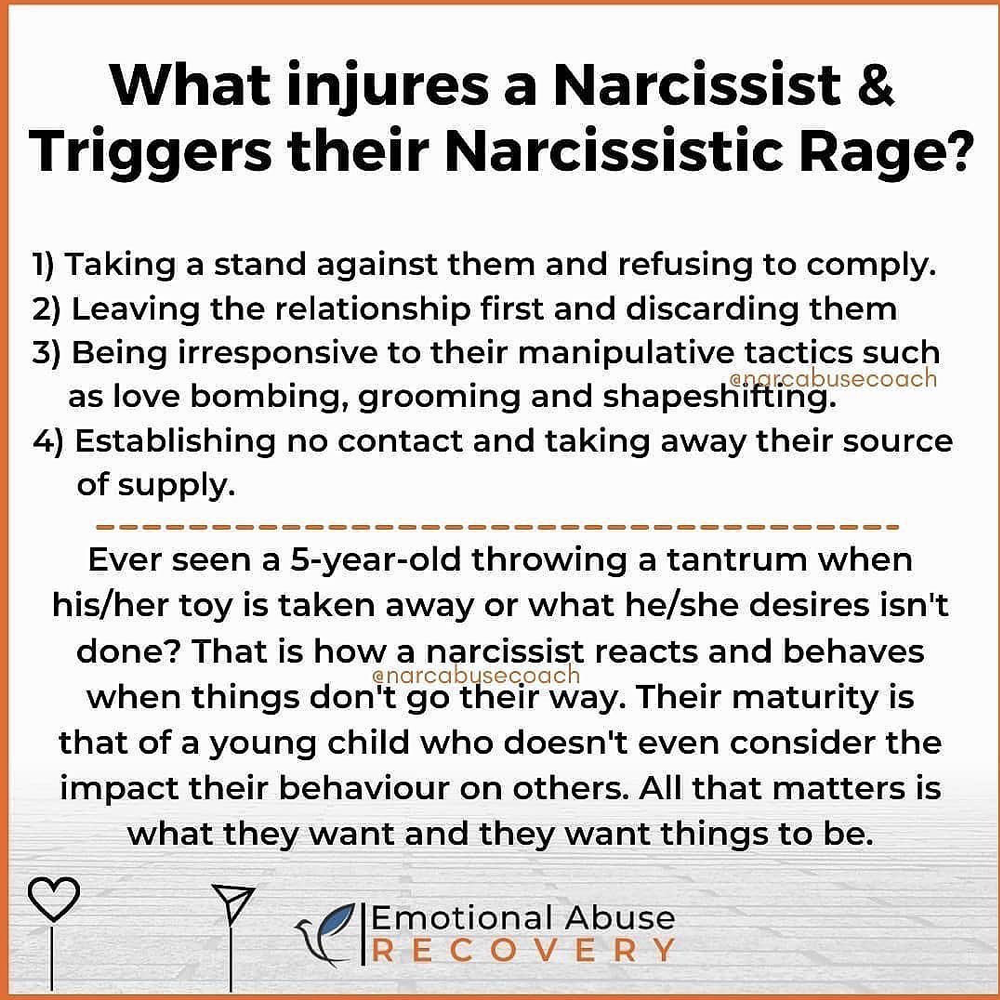Clinical psychologist and public intellectual Dr. Jordan Peterson argues that Canadian Prime Minister Justin Trudeau is a “narcissist” who has been “corrupted” by power.
“He’s playing a role,” says Dr. Jordan Peterson about the Canadian prime minister.
Dr. Peterson called out Trudeau for spreading propaganda regarding Nazis and swastikas in Canada.
After a protestor who may or may not have been a plant waived a Nazi/Swastica flag, the prime minister took the opportunity to imply that a scary ideology is rampant in Canada.
Dr. Peterson explains that it was very much likely that the protestor felt that the current leadership in Canada was similar to Nazis, rather than the idea that the protestor was a Nazi.
Dr. Peterson points out all of the lies the prime minister has spread that has led him to conclude and diagnose Justin Trudeau as a narcissist.
What is Narcissistic Personality Disorder?
According to the Mayo Clinic:
Narcissistic personality disorder — one of several types of personality disorders — is a mental condition in which people have an inflated sense of their own importance, a deep need for excessive attention and admiration, troubled relationships, and a lack of empathy for others. But behind this mask of extreme confidence lies a fragile self-esteem that’s vulnerable to the slightest criticism.
A narcissistic personality disorder causes problems in many areas of life, such as relationships, work, school or financial affairs. People with narcissistic personality disorder may be generally unhappy and disappointed when they’re not given the special favors or admiration they believe they deserve. They may find their relationships unfulfilling, and others may not enjoy being around them.
Treatment for narcissistic personality disorder centers around talk therapy (psychotherapy).

Symptoms
According to Psychology Today,
Individuals with narcissistic personality disorder, according to the DSM-5, exhibit five or more of the following, which are present by early adulthood and across contexts:
- A grandiose sense of self-importance
- Preoccupation with fantasies of unlimited success, power, brilliance, beauty, or ideal love
- Belief that one is special and can only be understood by or associate with special people or institutions
- A need for excessive admiration
- A sense of entitlement (to special treatment)
- Exploitation of others
- A lack of empathy
- Envy of others or the belief that one is the object of envy
- Arrogant, haughty behavior, or attitudes
Individuals with NPD can be easily stung by criticism or defeat and may react with disdain or anger—but social withdrawal or the false appearance of humility may also follow according to the DSM-5.
A sense of entitlement, disregard for other people, and other aspects of NPD can damage relationships. While a person with NPD may be a high-achiever, the personality disorder can also have a negative impact on performance (due to, for instance, one’s sensitivity to criticism).
Researchers have reported associations between NPD and high rates of substance abuse, mood, and anxiety disorders. These may be attributable to characteristics such as impulsivity and the increased experience of shame in people with NPD.
Who comes to mind?
Studying narcissism can be very helpful to those who have been victims of narcissistic people and their abuse to others.


Dr. Jordan Peterson joined Patrick Bet-David and Adam Sosnick on the PBD Podcast.
Watch the podcast here –
Do you think Dr. Jordan Peterson is right?
Is Justin Trudeau a narcissist? Tell us on Twitter @valuetainmenttv


















Add comment